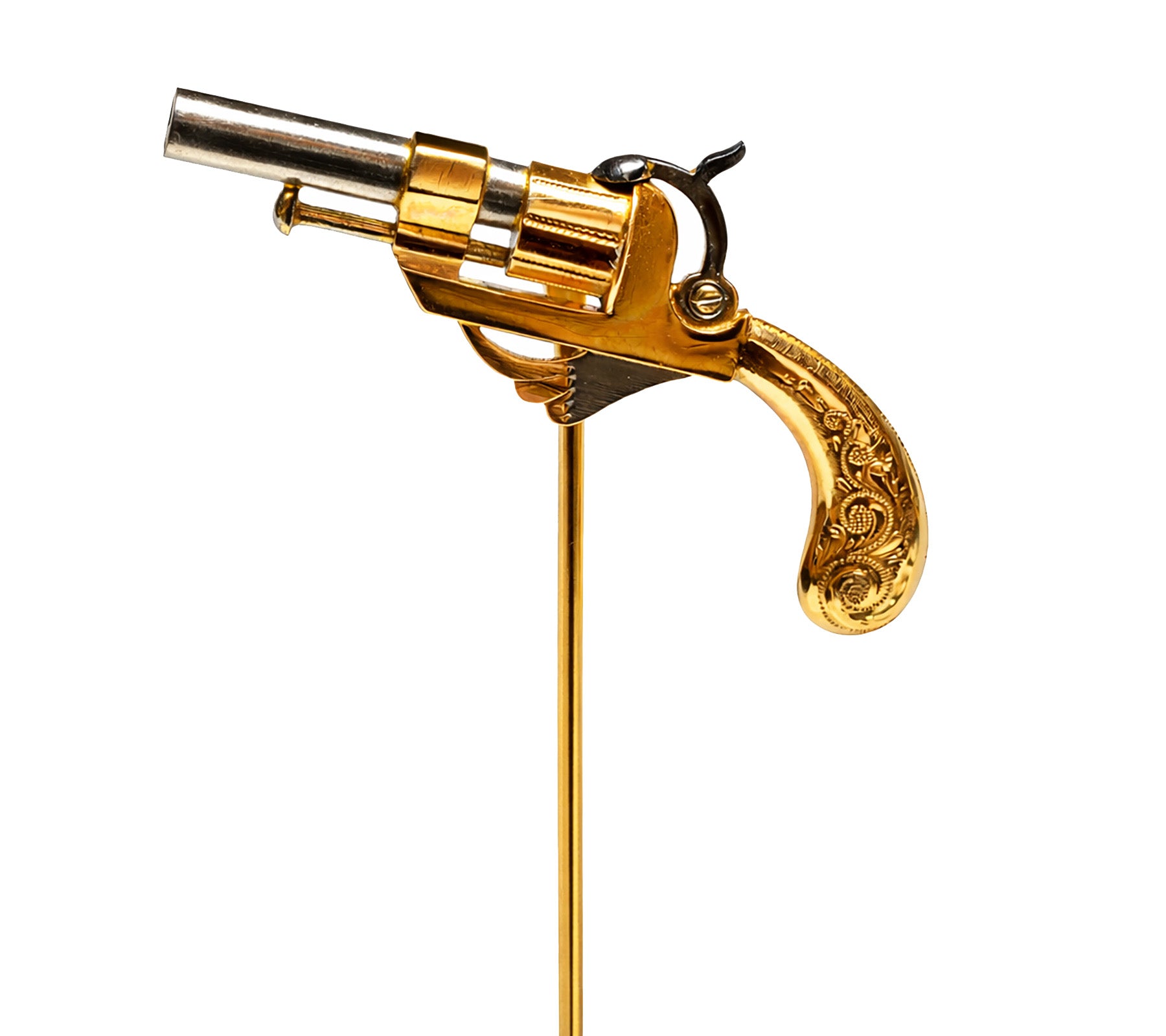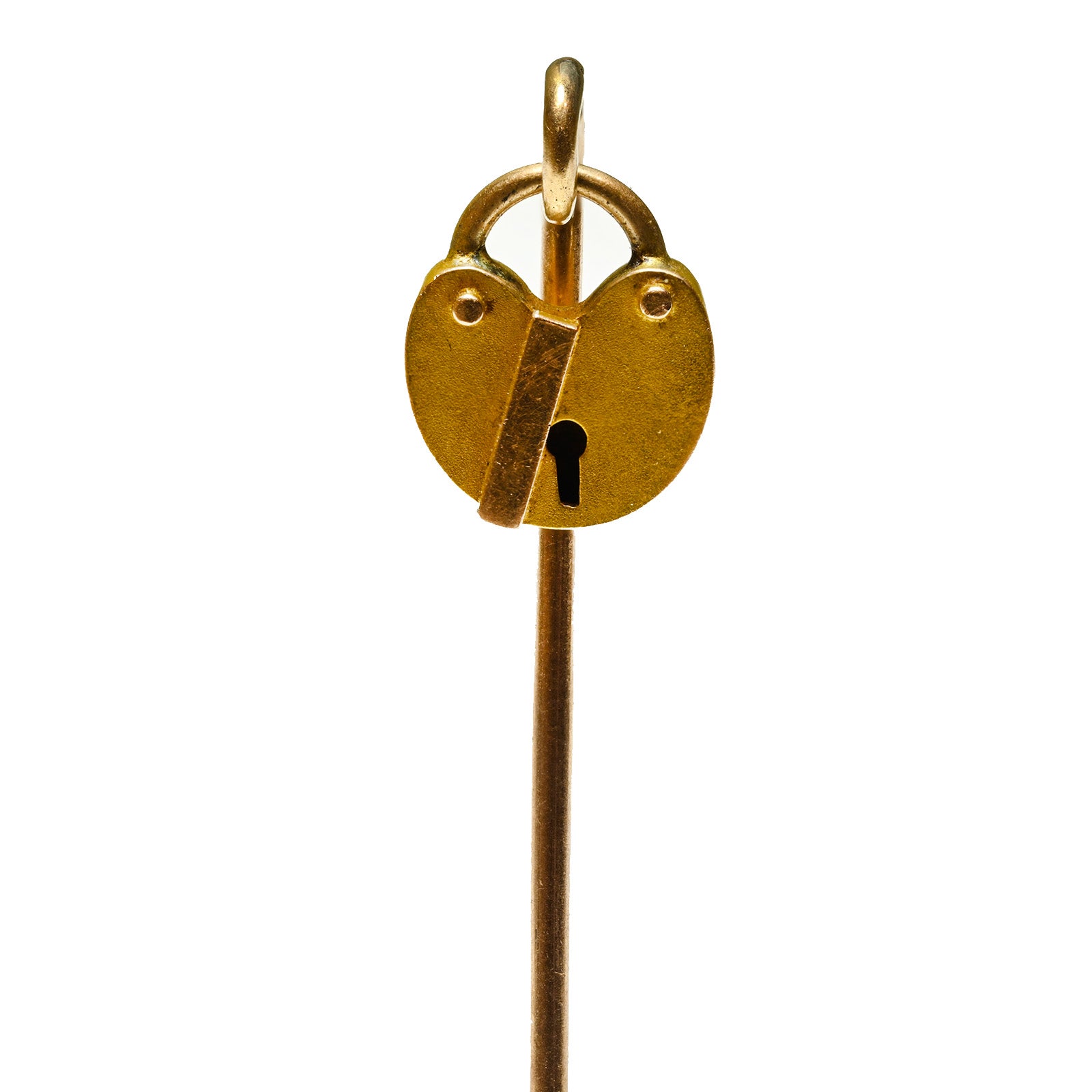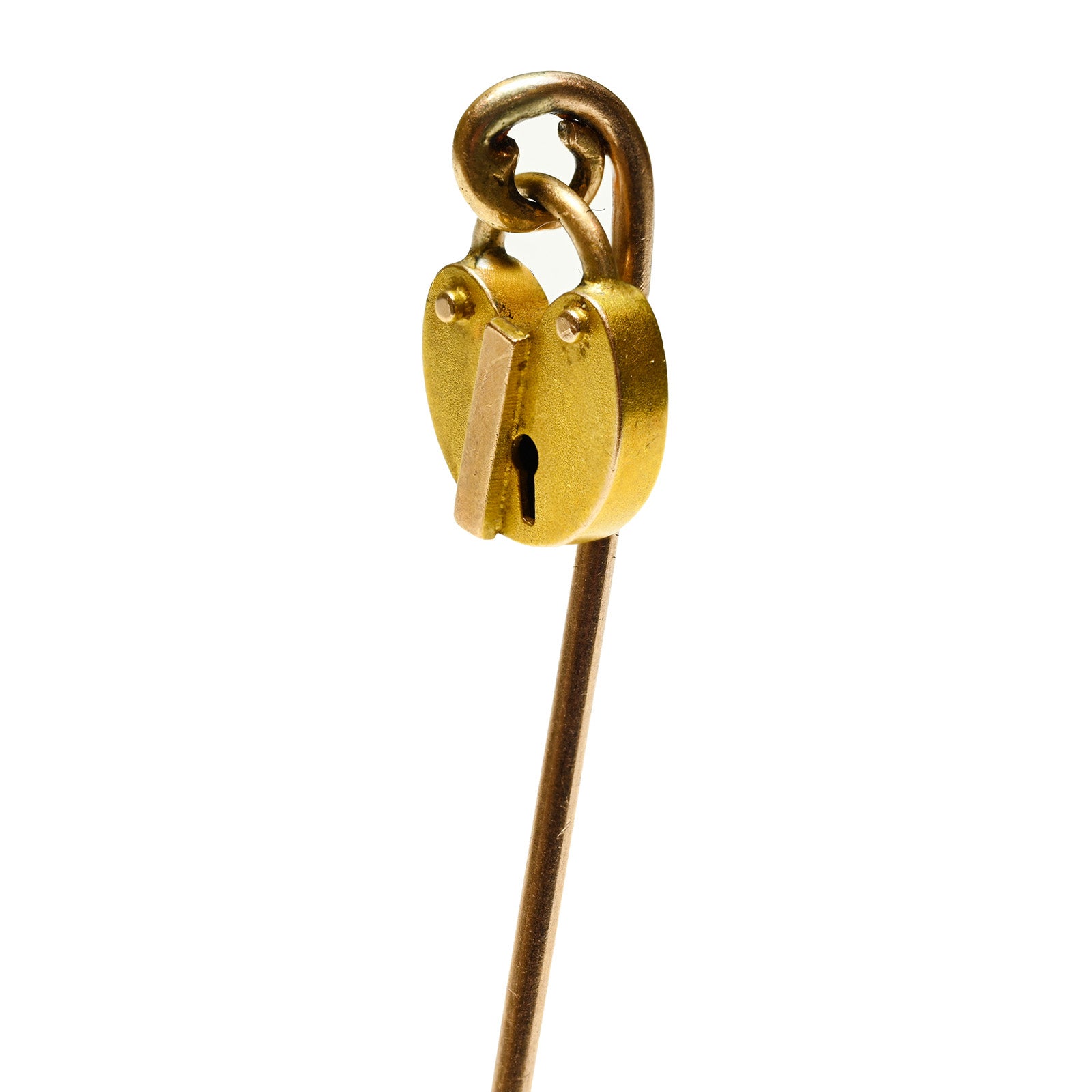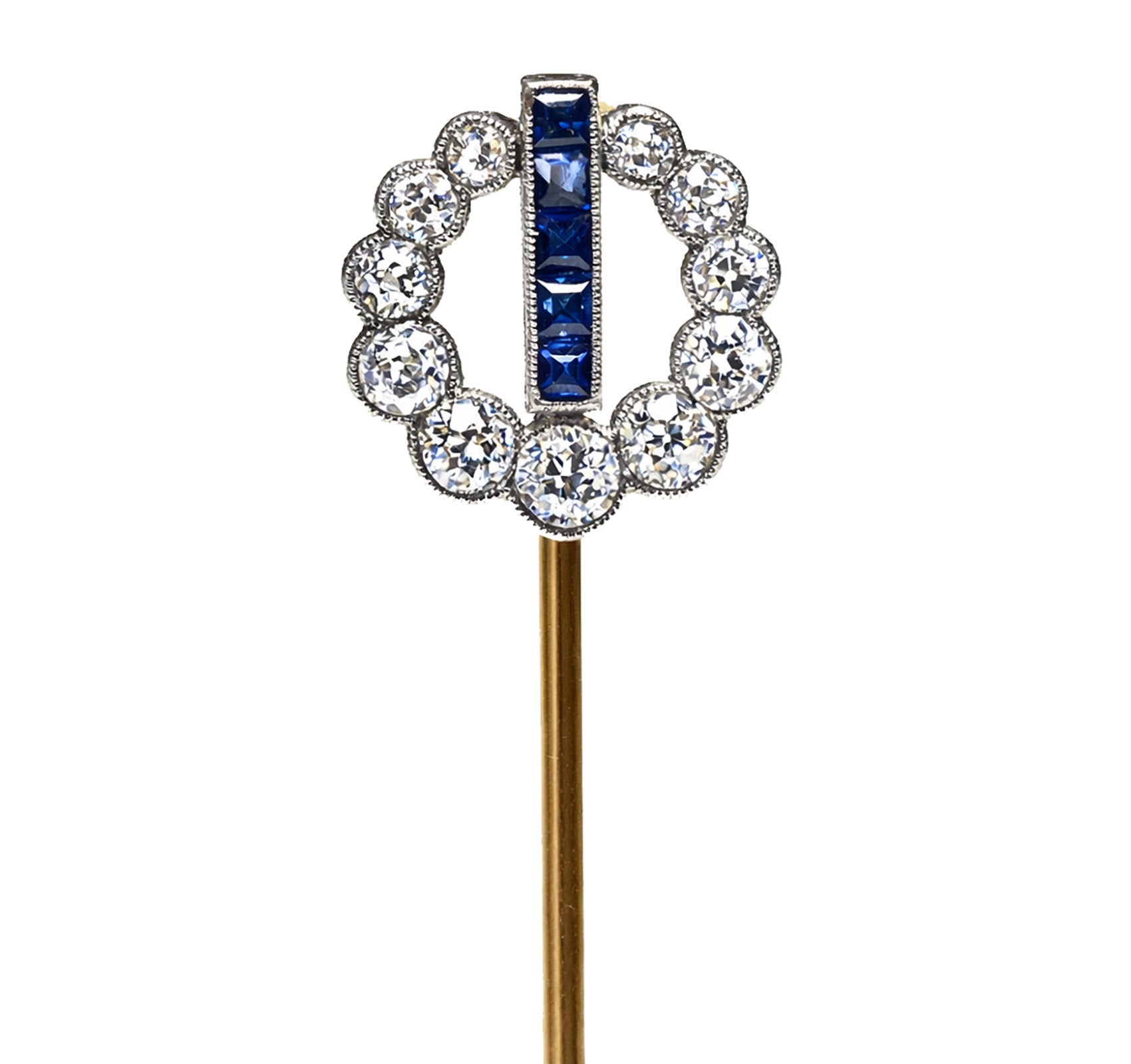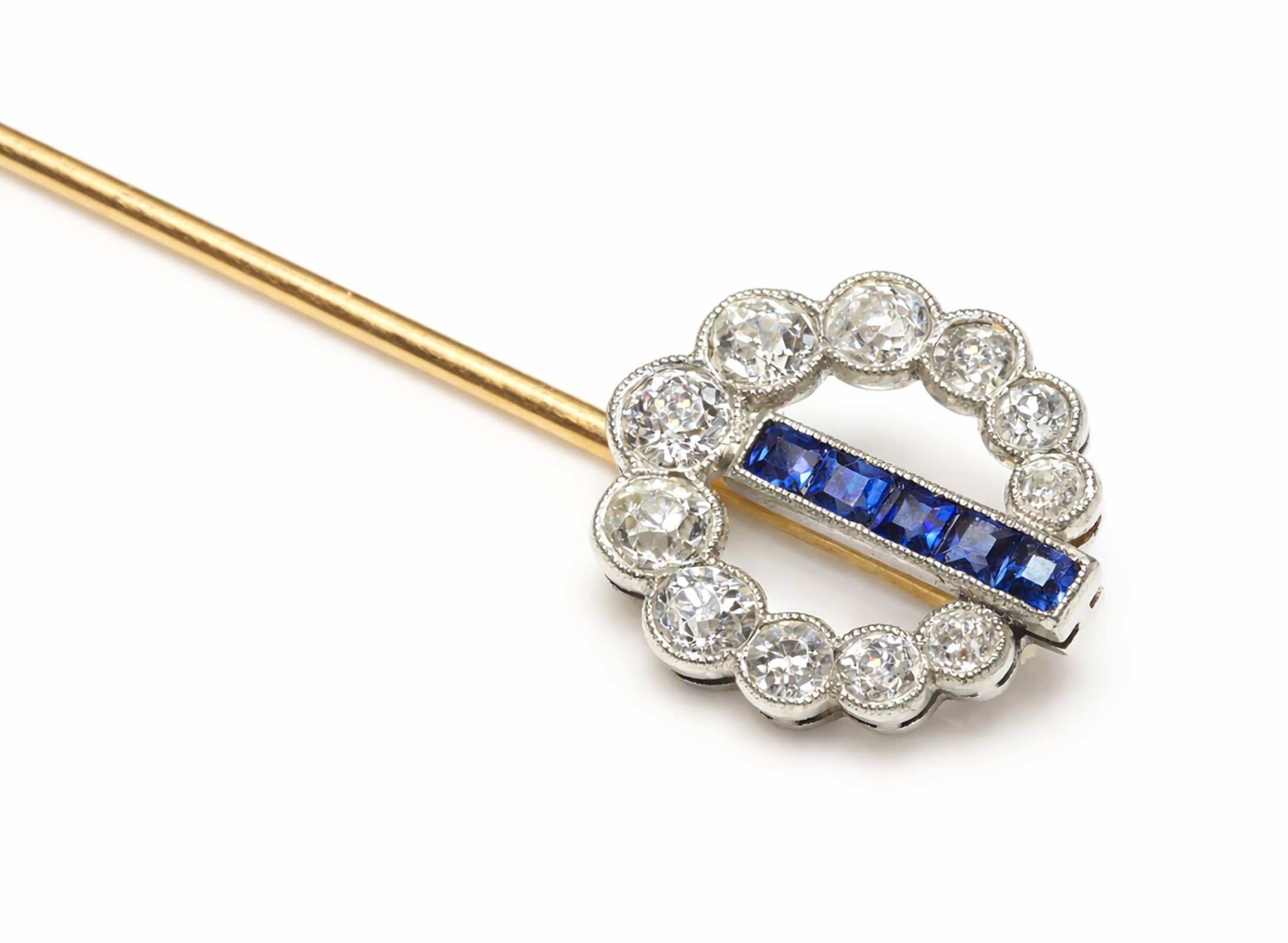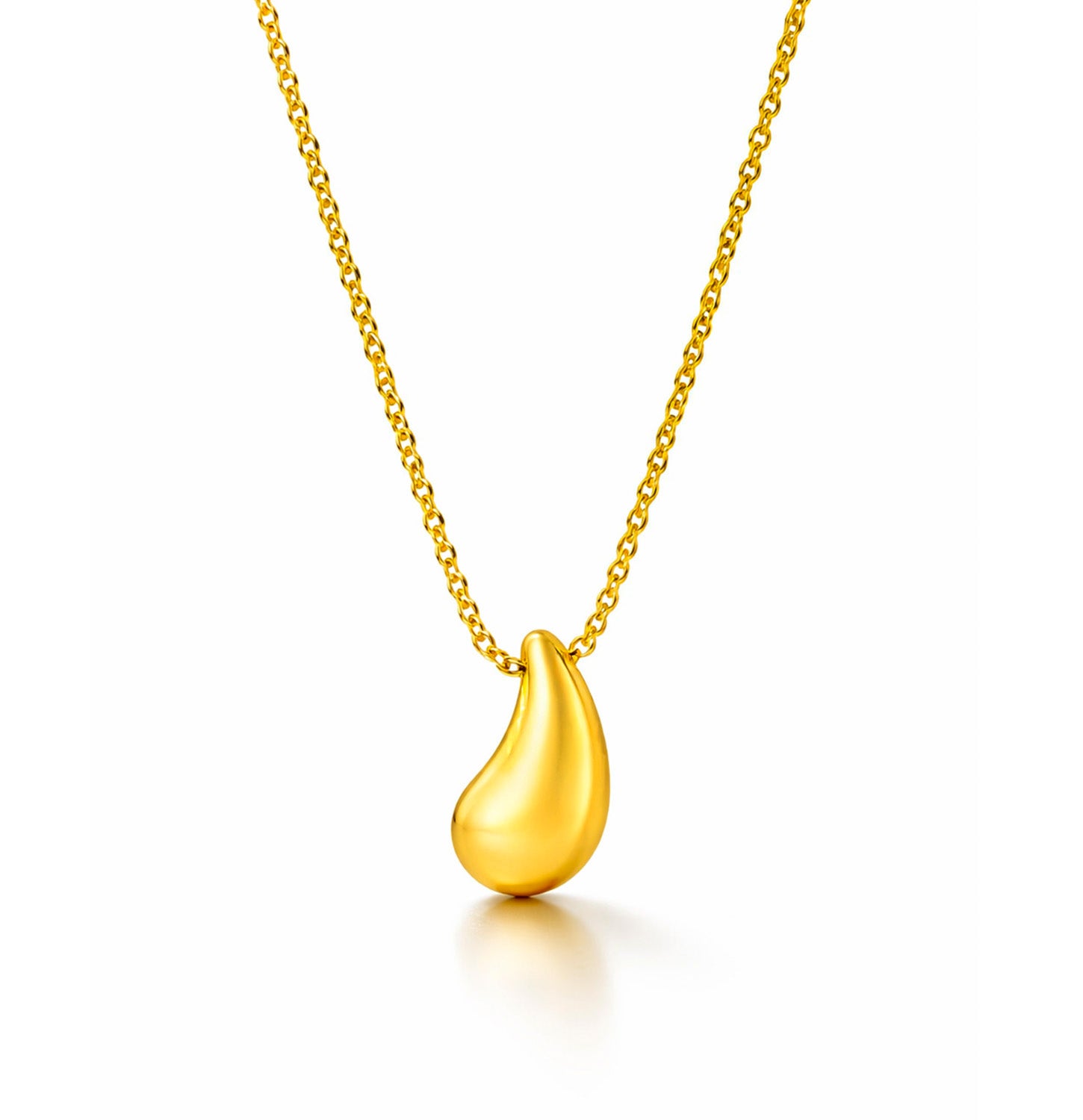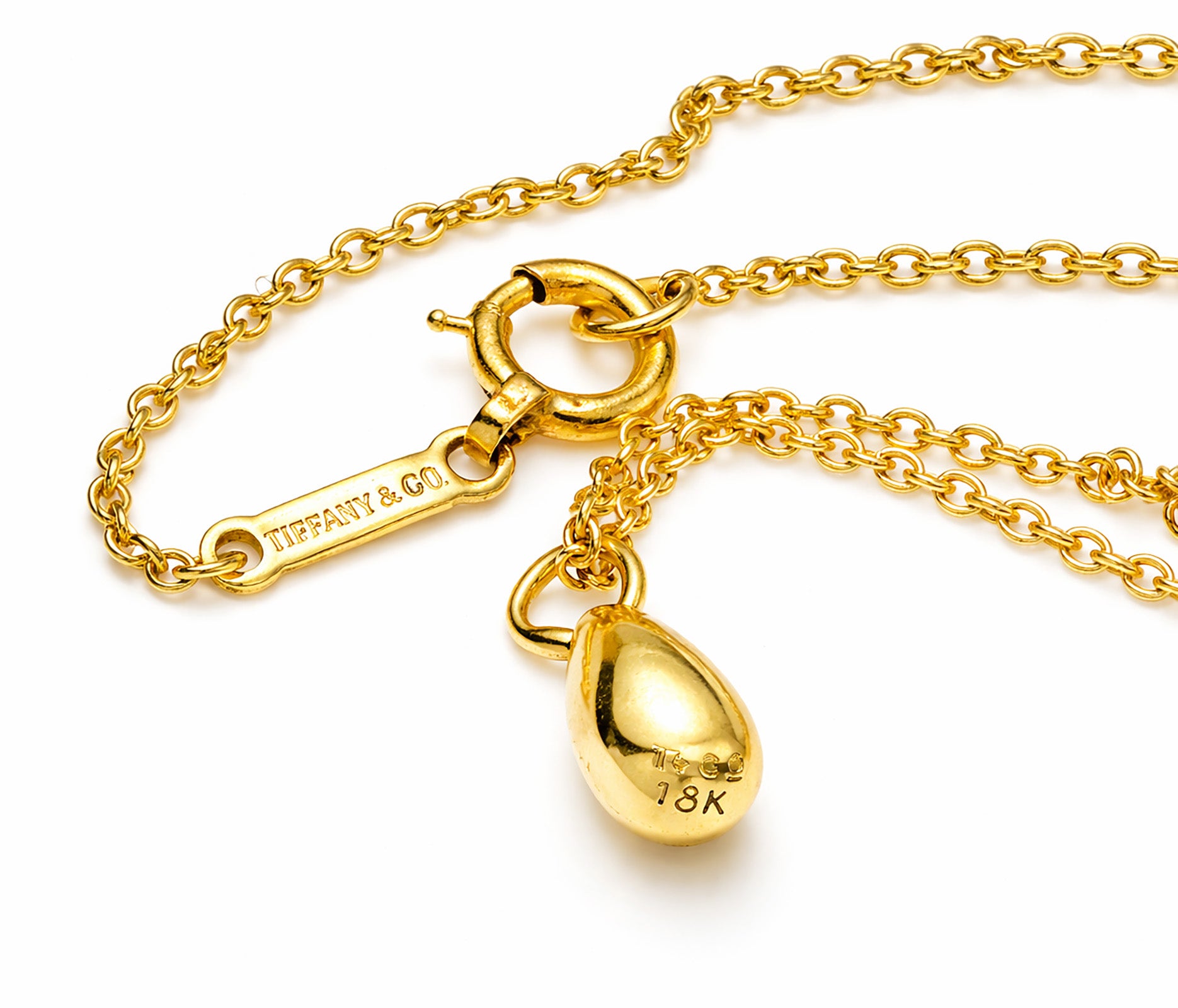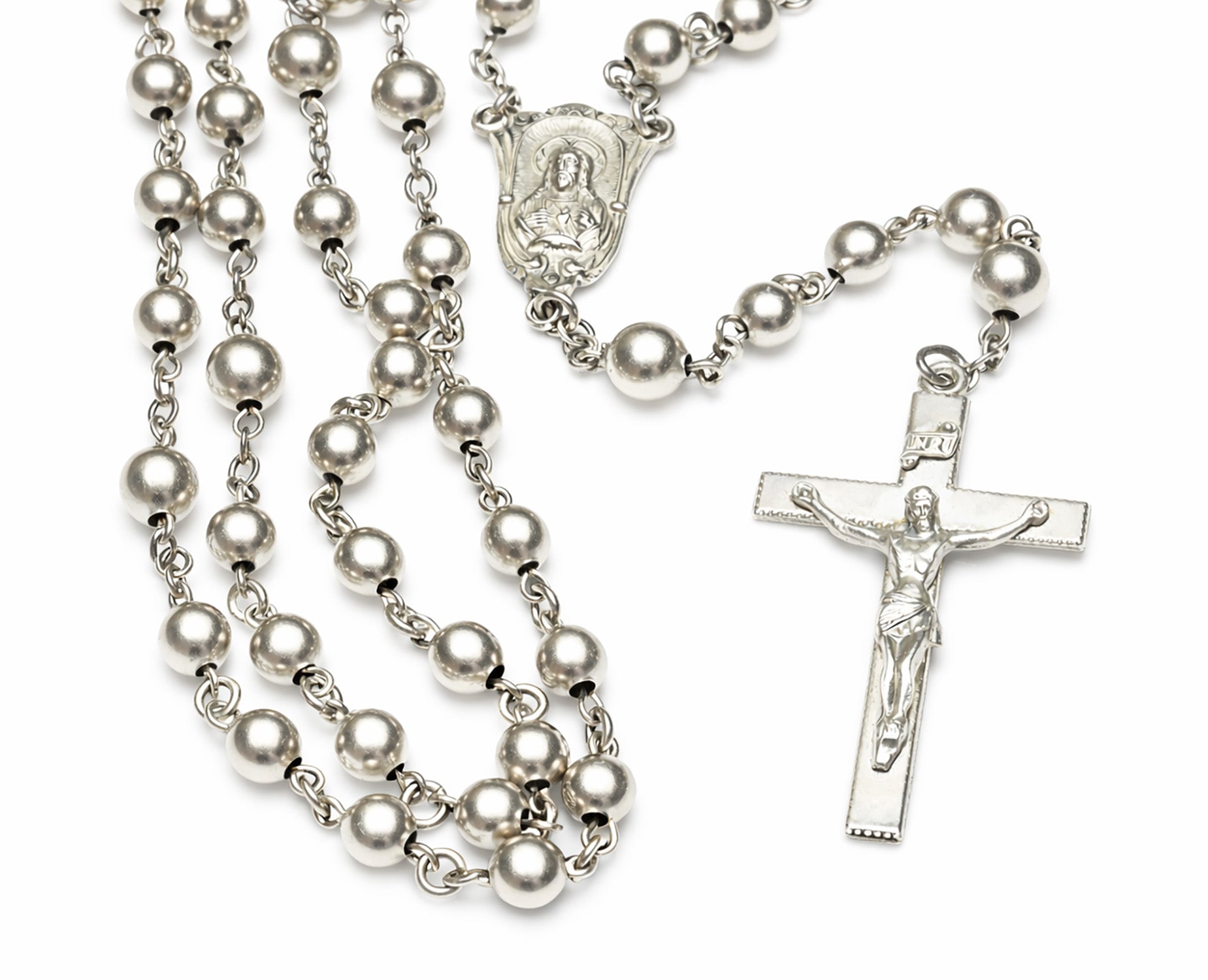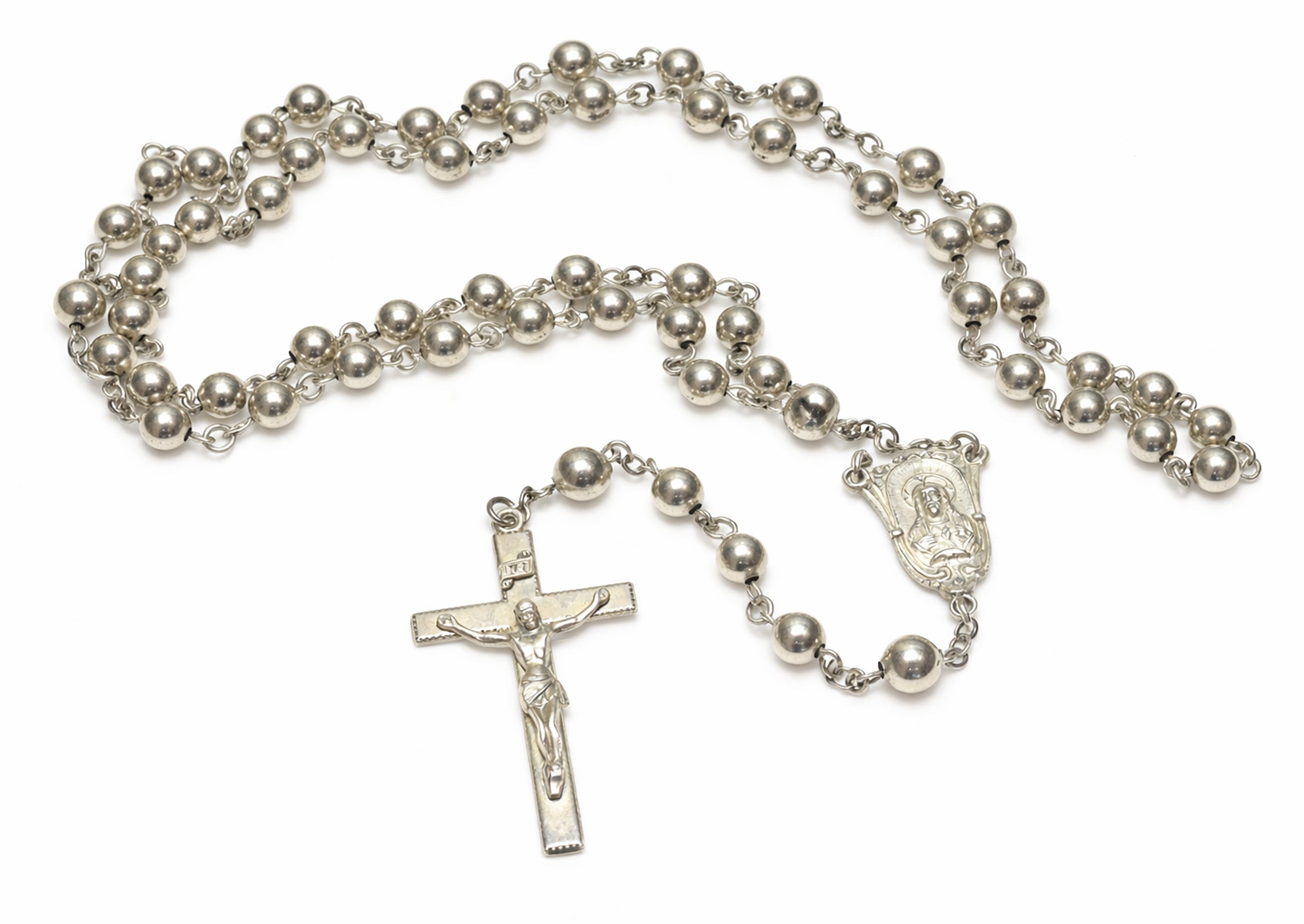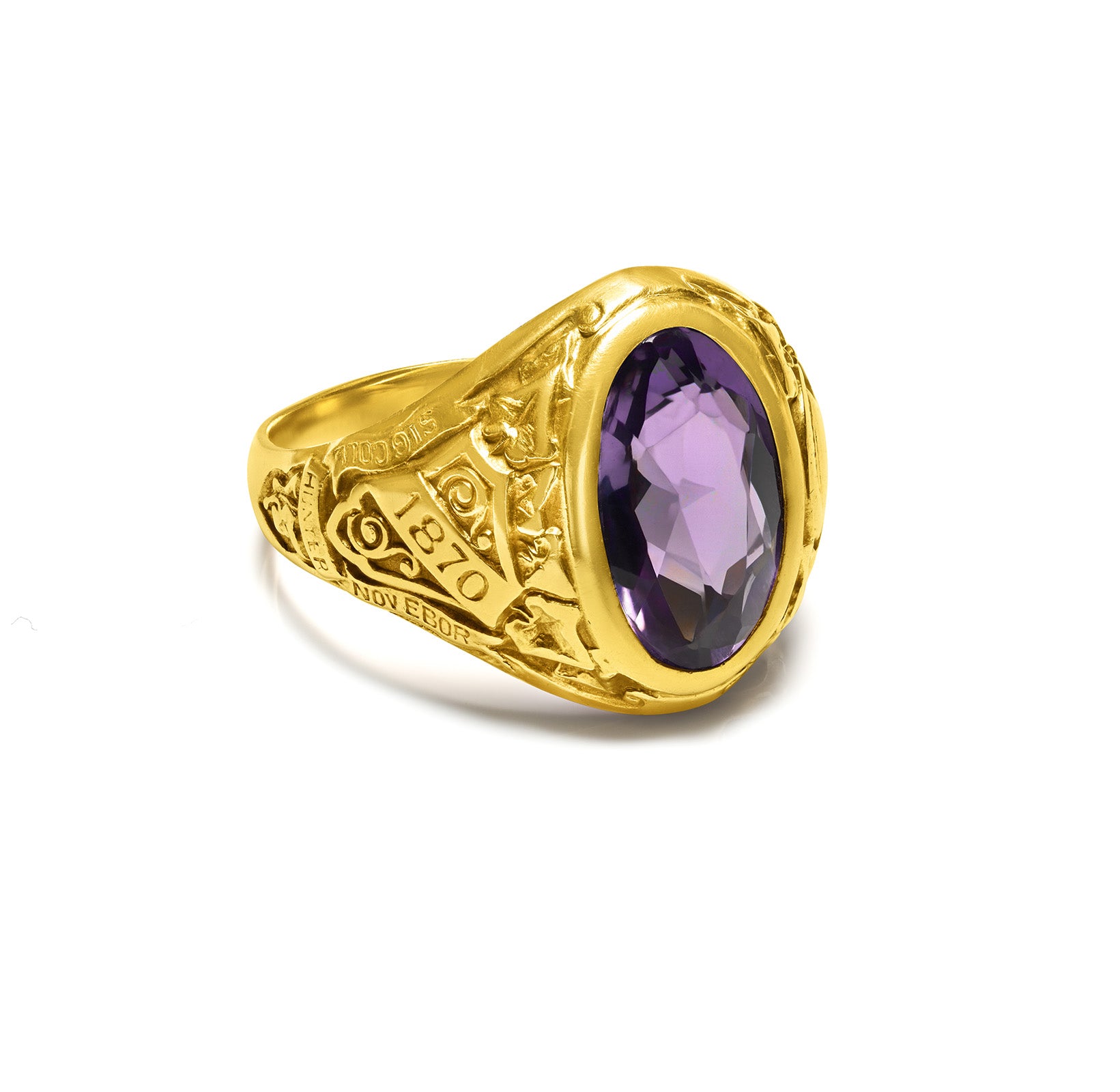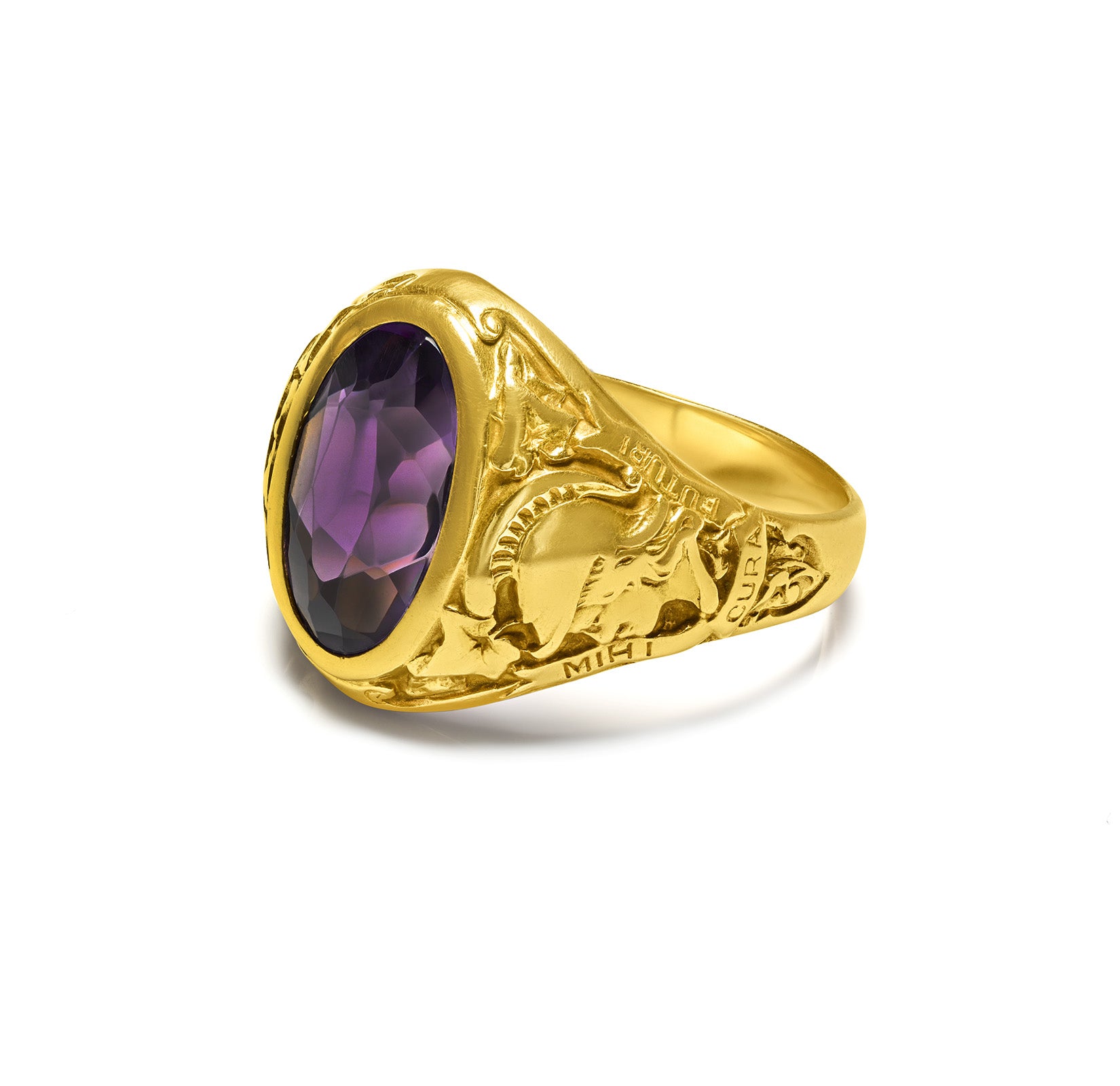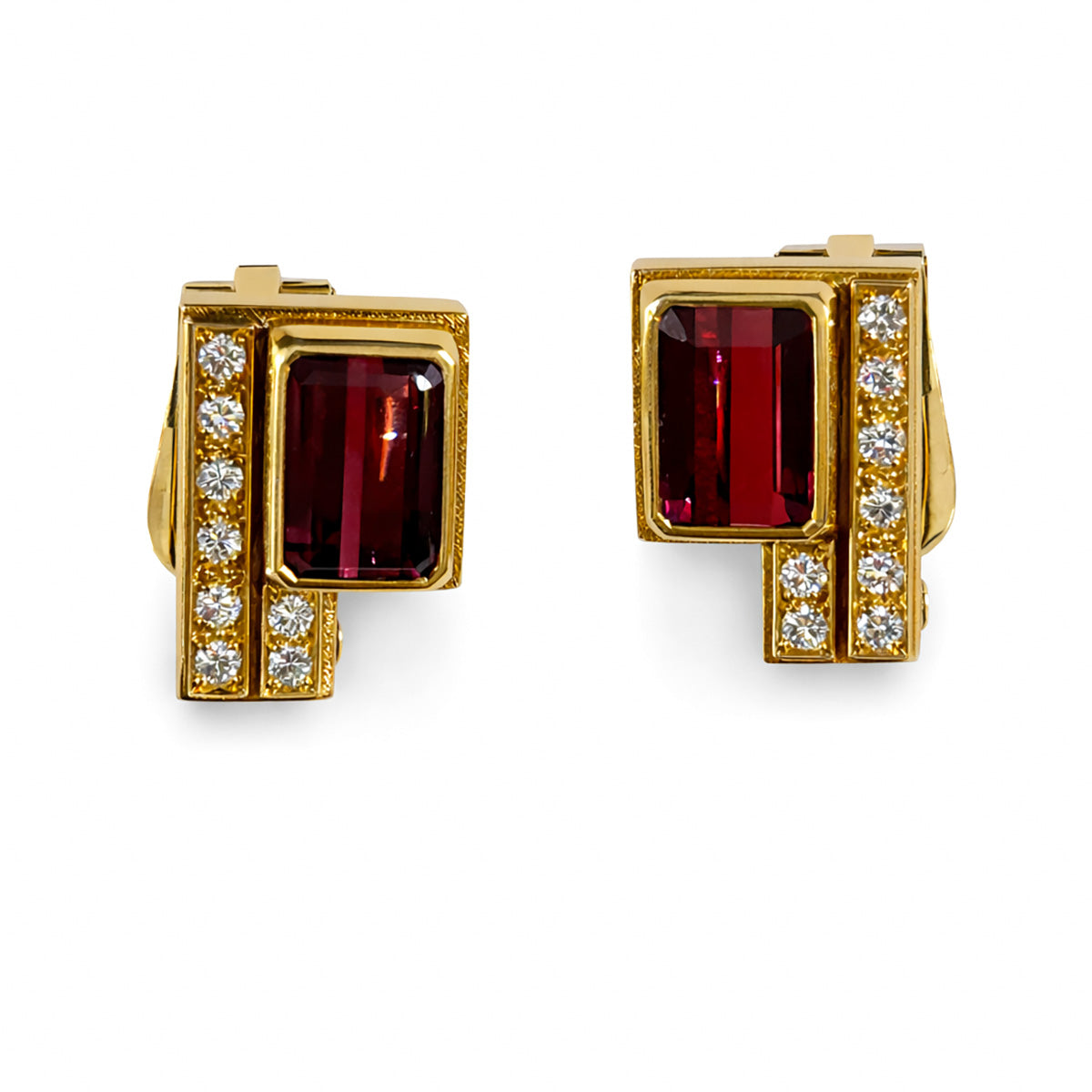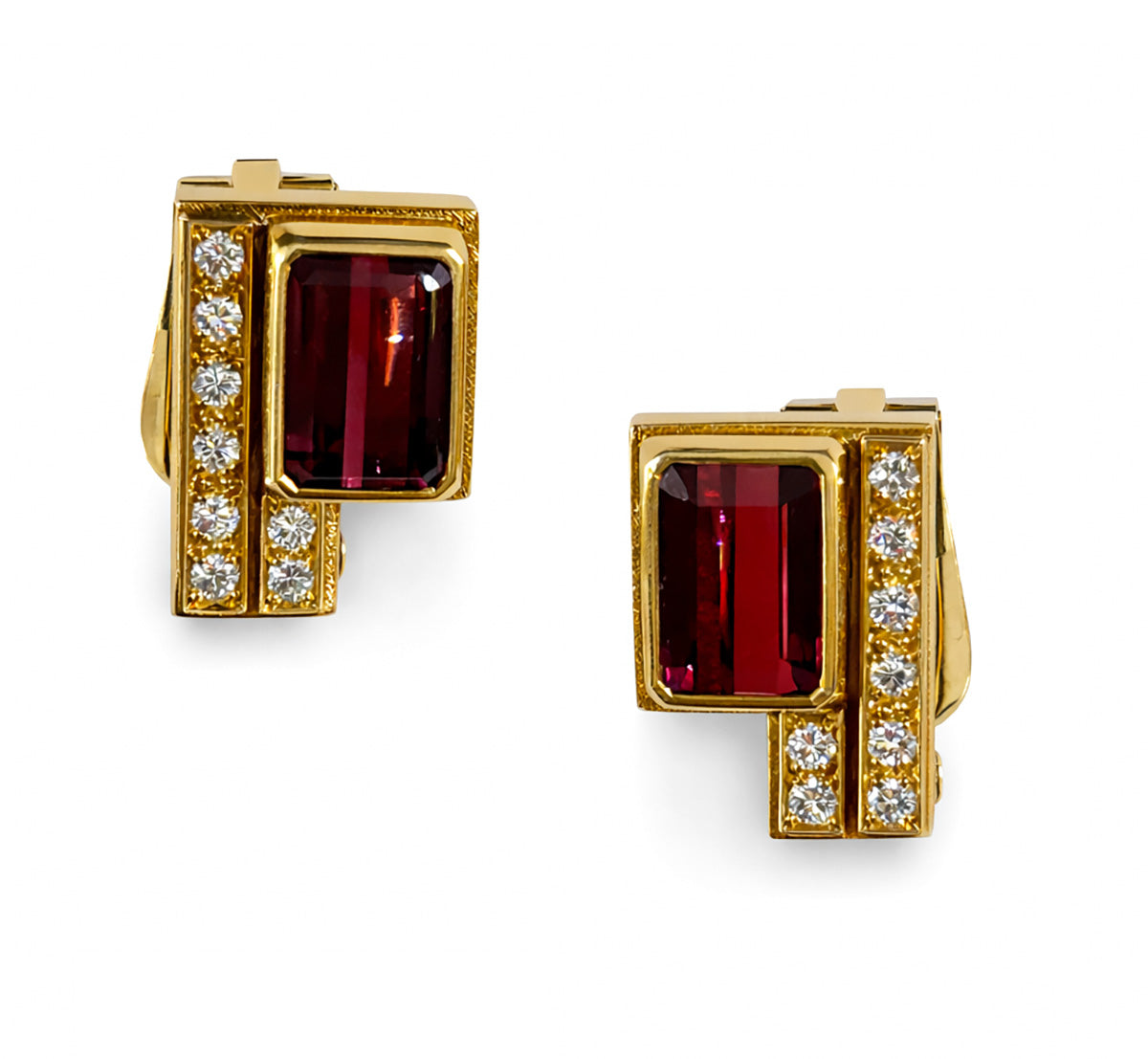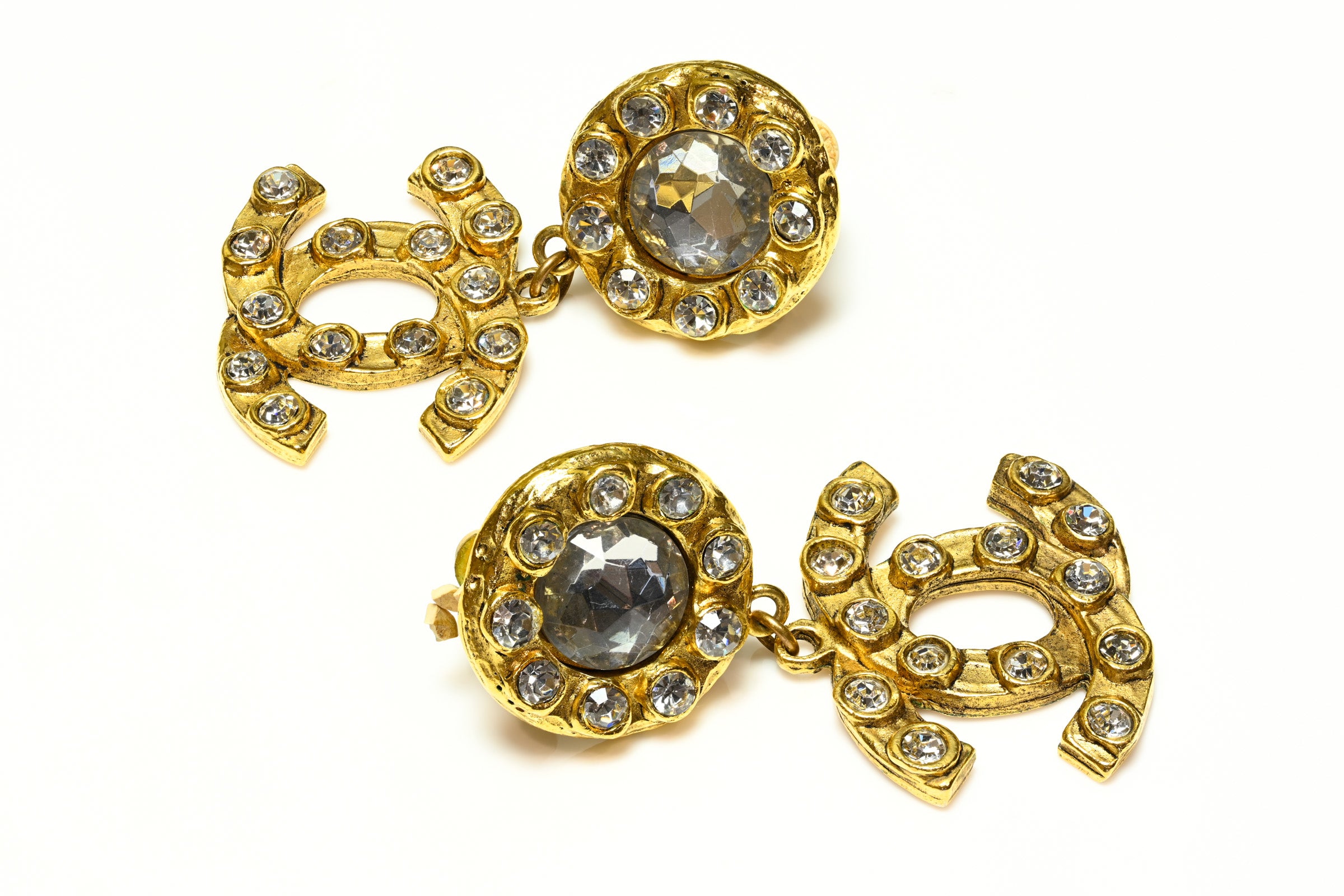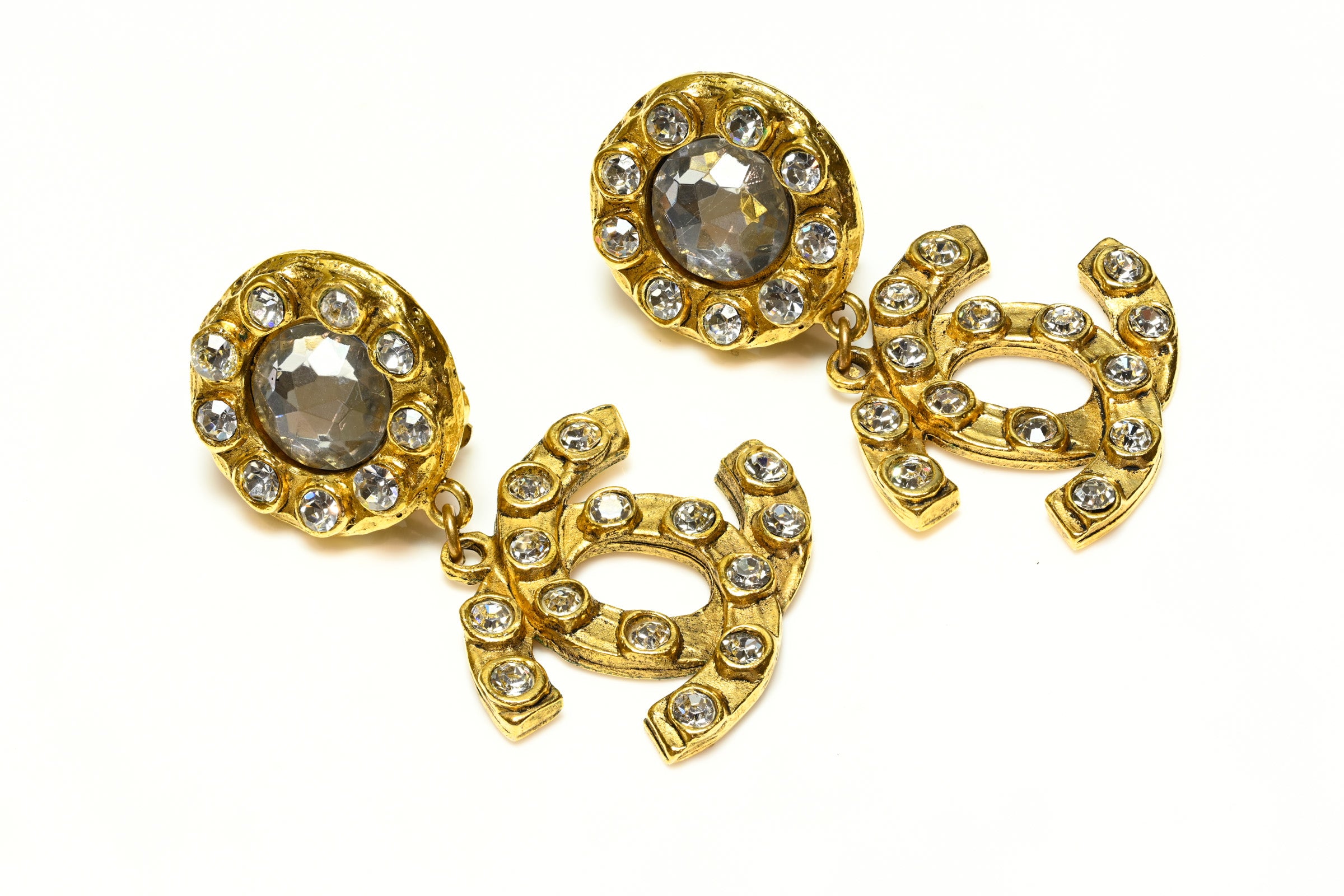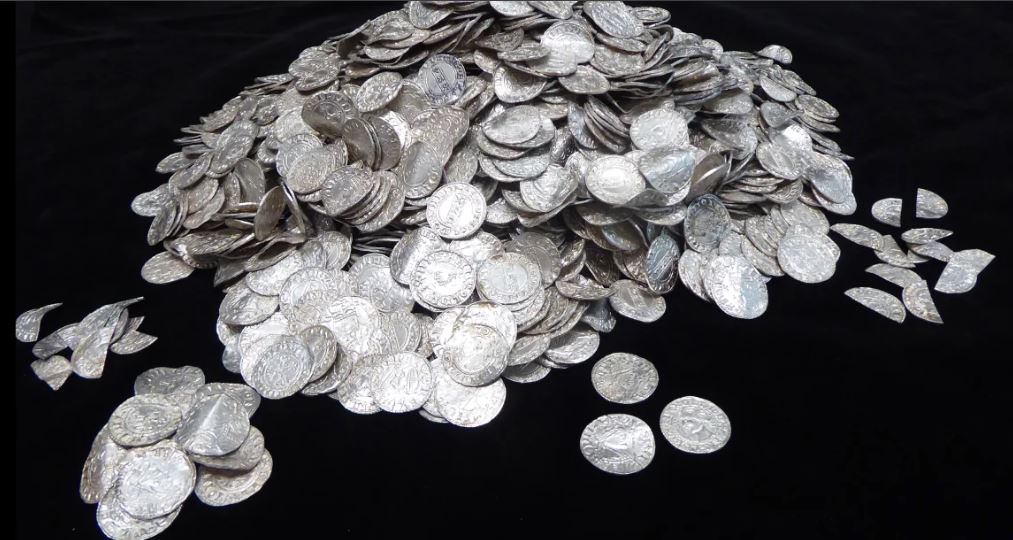
Rare Norman Coins from William the Conqueror’s Era Fetch $5.6M
A rare collection of Norman-era silver coins, discovered five years ago in southwest England, has set a new record as the UK’s most valuable treasure.
Recently acquired by a local heritage trust for $5.6 million, the collection is regarded as extraordinary.
The oldest coin in the collection features King Edward the Confessor, who passed away without an heir in January 1066. His death led to a turbulent succession crisis, as he had promised the throne to three contenders: Harold Godwinson, Earl of Wessex; Harald Hardrada, King of Norway; and William, Duke of Normandy, who ultimately conquered England in 1066, becoming William the Conqueror. The collection of over 2,000 coins reflects this instability—nearly half bear the image of Harold, while the remainder display William’s likeness.

The oldest coin in the collection features King Edward the Confessor, who passed away without an heir in January 1066. His death led to a turbulent succession crisis, as he had promised the throne to three contenders: Harold Godwinson, Earl of Wessex; Harald Hardrada, King of Norway; and William, Duke of Normandy, who ultimately conquered England in 1066, becoming William the Conqueror. The collection of over 2,000 coins reflects this instability—nearly half bear the image of Harold, while the remainder display William’s likeness.

Photo Credit: Coin Collection via British Museum
These coins "represent a pivotal moment in English history, marking the transition from Saxon to Norman rule," noted Amal Khreisheh, archaeology curator at the South West Heritage Trust.
"It captures a turning point in English history, encapsulating the shift from Saxon to Norman rule," said Khreisheh, according to CNN.
The hoard was buried around 1067-1068 on an estate in Chew Valley, which later belonged to Giso, the Bishop of Wells. It was likely buried for safekeeping during the rebellions against William in the southwest.
"In 1068, the people of Exeter rebelled against William. Around this time, Harold’s sons returned from exile in Ireland, mounting attacks around the River Avon and then into Somerset and the Chew Valley," Khreisheh added.
Uncovering coins dating back nearly a millennium is a rare event. This collection includes twice as many coins from the reign of Harold II as all previously known discoveries combined. The coins will be on display at the British Museum in London starting November 26 before moving to museums across southwestern England.

